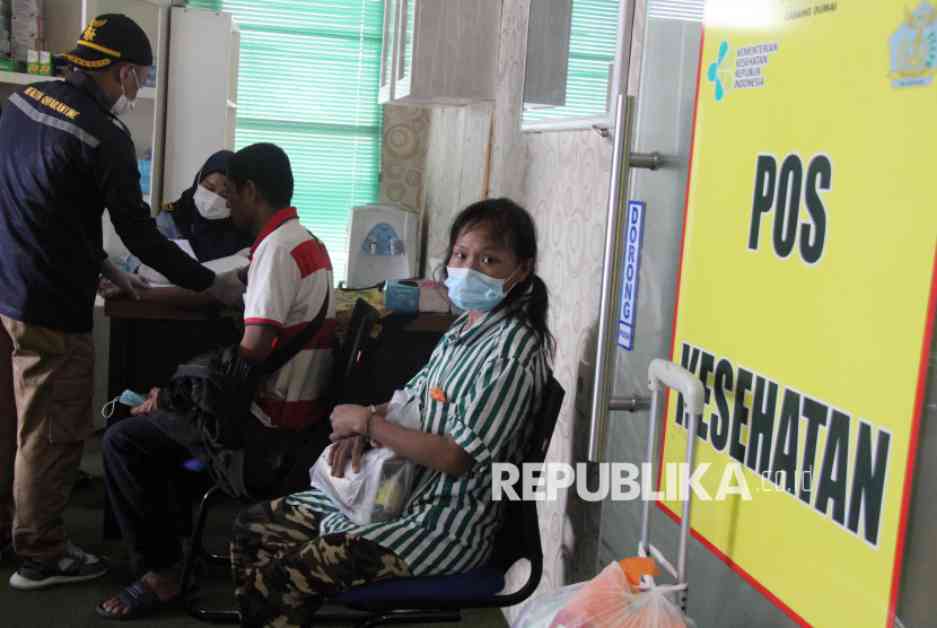Impact of HMPV Virus in Indonesia: KAI’s Response to Train Travel Regulations
In a recent statement, Cahyo Widiantoro, the Legal and Public Relations Manager of PT Kereta Api Indonesia (KAI) in Jember, emphasized that despite the emergence of the Human Metapneumovirus (HMPV) in China making its way to Indonesia, the train travel regulations remain unchanged. The Indonesian Minister of Health, Budi Gunadi Sadikin, confirmed this information.
KAI’s Stand on Train Travel Regulations Amid HMPV Virus
Widiantoro clarified that the current regulations for train travel in Indonesia remain the same. Passengers are only required to have a ticket matching their identity and choose a route based on their destination. There is no mandate for COVID-19 tests, vaccination certificates, or mask-wearing, although unwell passengers are advised to undergo a health check before boarding and wear a mask during the journey.
Health Measures Implemented by KAI
To ensure passenger safety, KAI Daop 9 Jember has set up three health posts at strategic locations: Probolinggo Station, Jember Station, and Ketapang Station. Additionally, near these stations, Mediska Clinics with healthcare professionals are available to provide medical assistance if needed. As a preventive measure, KAI ensures that trains are thoroughly cleaned daily with disinfectants to eliminate any potential pathogens. Fumigation is also carried out post-operation in maintenance areas.
KAI’s Commitment to Passenger Safety
Widiantoro reassured passengers that KAI prioritizes their safety and complies with government directives. Despite the presence of the HMPV virus in Indonesia, KAI remains dedicated to providing healthy, safe, and comfortable transportation services. Should there be any new government regulations regarding train travel in light of the HMPV virus, KAI Daop 9 Jember is prepared to support and implement them accordingly.
In conclusion, passengers are encouraged not to be overly concerned about the HMPV virus in Indonesia as KAI’s primary focus is on passenger safety and adherence to government guidelines.














